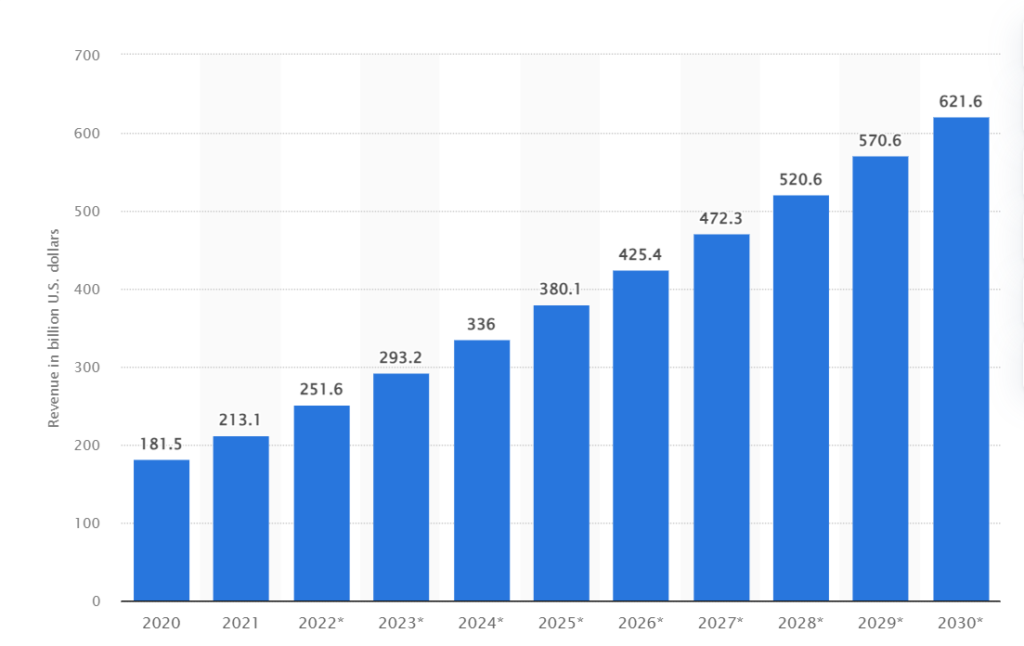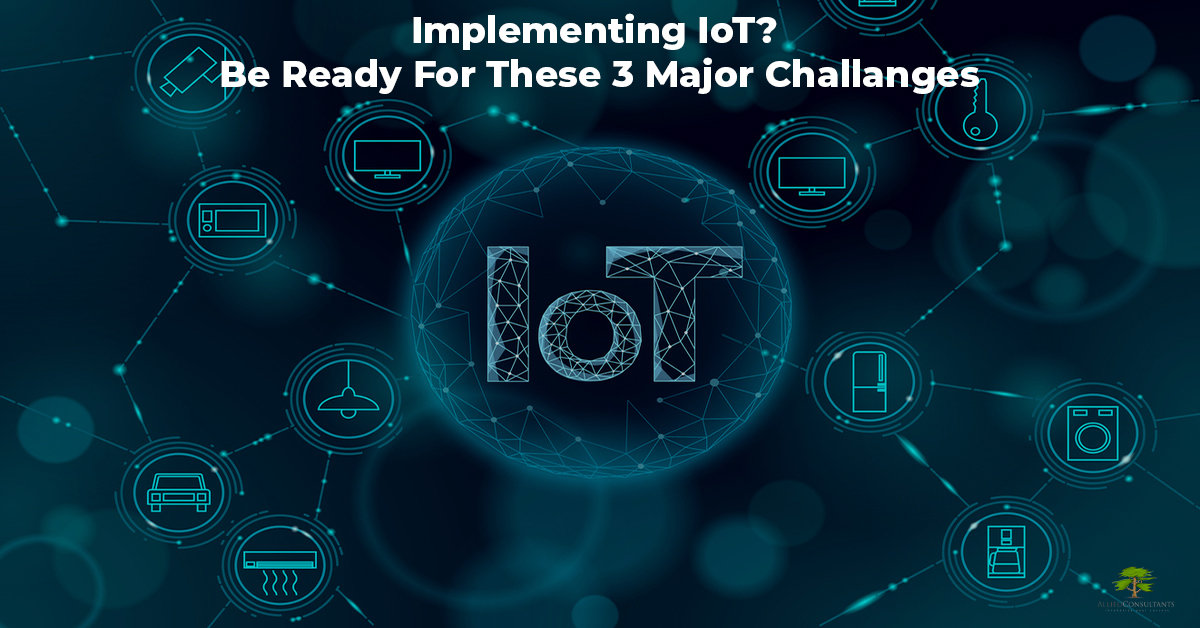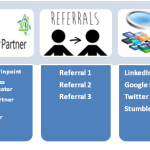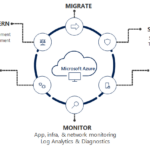Implementing IoT? Be Ready For These 3 Major Challenges
Every year, our lives become more connected. Things like digital assistants and homes that respond to us were once only found in sci-fi. Now, we’re seeing the Internet of Things (IoT) seep into all parts of our days. It’s safe to say that IoT is everywhere, so adding smart features to things isn’t a surprise anymore. People just expect it.
In 2020, the IoT sector reached a valuation surpassing USD 389 billion, and its growth trajectory appears even more promising. Numerous companies have already embraced this technological trend, and there’s a compelling rationale behind this adoption. Investments in IoT not only increase revenue but also streamline business processes through automation, a benefit that holds particularly true for larger-scale enterprise initiatives.

Looking at it from a business perspective, the widespread use of IoT has brought both unique difficulties and chances that companies need to navigate or welcome. As employees rely more on connected devices and technology makes its way to even unexpected areas, companies must find a balance between satisfying customers and workers while also meeting shareholders’ expectations.
The rapid expansion of Internet of Things (IoT) technology across various industries doesn’t come as a surprise. The data it provides helps boost productivity and enhance customer service, while also accelerating innovation and cutting costs through predictive maintenance. Companies can adopt IoT to keep an eye on their internal systems, handle equipment efficiently, and elevate the quality of their consumer goods.
Also Read This: Top IoT Trends To Look Out For In 2023 & Beyond
Whether a business creates and manages its own products and systems or buys equipment and services from a seller, it must be conscious of the challenges that can arise with IoT technology. These challenges include dealing with the increased cybersecurity risk, handling a potential overload of data, and more. This article includes industry experts’ insights into the hurdles they anticipate when businesses adopt IoT technologies in the next few years, along with their suggestions for overcoming these issues.
1. Data Security & Privacy
A significant hurdle in the realm of IoT revolves around the protection of data security and privacy. With the massive data generated by IoT devices, including sensitive personal information, the risk factor is substantial. This data remains susceptible to breaches, cyberattacks, theft, or unauthorized use by external entities like hackers, competitors, or third parties. To ensure the security and privacy of this data, robust encryption, authentication, and access control measures are imperative. It’s equally crucial to adhere to pertinent regulations and ethical norms. Moreover, educating users and customers about data collection, utilization, and sharing, while offering options to opt-out or delete their data, adds another layer of protection.
2. Integration & Interoperability
Another challenge and potential pitfall within the realm of IoT pertains to integration and interoperability. IoT systems and devices come from various vendors, platforms, protocols, and standards, giving rise to compatibility and communication hurdles. These issues can affect the IoT network’s functionality, performance, and reliability, while also increasing the intricacy and cost of upkeep and assistance. To ensure smooth integration and interoperability, opting for IoT devices and systems adhering to common standards and protocols is essential. Alternatively, employing middleware or gateways capable of translating and connecting diverse formats and languages can be a solution. Additionally, regular testing and monitoring of the IoT network are paramount, along with updates or replacements for outdated or incompatible components.
3. Ethical & Social Responsibility
Another potential concern related to IoT revolves around ethics and social responsibility. The influence of IoT devices and systems on society, the environment, the economy, and culture can trigger ethical and societal dilemmas. These include issues tied to data collection, utilization, and sharing, the consequences of automation and artificial intelligence, the hazards of bias and discrimination, the consequences of security breaches or failures, and the responsibilities of the stakeholders involved. Upholding ethical and social responsibility demands an approach rooted in human values for IoT design, development, strategy, and governance. Additionally, collaboration and consultation with users, customers, staff, partners, regulators, and relevant stakeholders become crucial in understanding their needs, anticipations, and feedback.
Final Word!
In the era of rapid technological advancement, the proliferation of IoT has become an undeniable reality, reshaping the way we live and do business. The integration of IoT into our lives has not only introduced convenience and efficiency but has also brought forth a host of challenges that businesses must confront head-on.

The journey towards a fully connected world is not without its complexities. From data security and privacy concerns to the intricacies of integration and interoperability, and the ethical responsibilities that come with this transformative technology, businesses are facing an array of intricate decisions. The insights shared by industry experts in this article provide valuable guidance on how to navigate these challenges successfully.
At Allied Consultants, we understand the intricate landscape of IoT and the unique challenges it presents. Our team of experts is committed to helping businesses harness the power of IoT while mitigating its potential risks. Whether you’re seeking to fortify your data security, ensure seamless integration, or uphold ethical standards in your IoT endeavors. Contact us today to explore how our services can empower your business in the dynamic realm of IoT.







